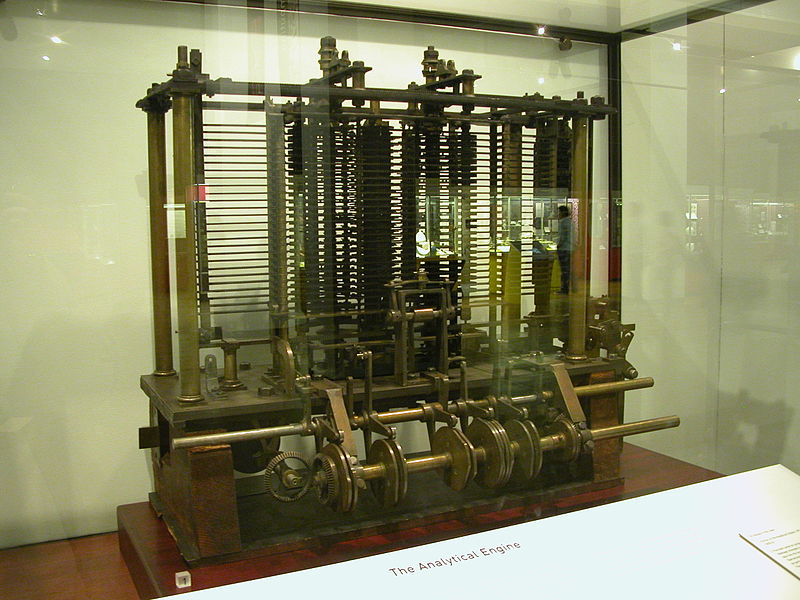British researchers will spend the next decade figuring out if Charles Babbage is truly the father of the programmable computer. From a John Markoff article in the New York Times:
“Researchers in Britain are about to embark on a 10-year, multimillion-dollar project to build a computer — but their goal is neither dazzling analytical power nor lightning speed.
Indeed, if they succeed, their machine will have only a tiny fraction of the computing power of today’s microprocessors. It will rely not on software and silicon but on metal gears and a primitive version of the quaint old I.B.M. punch card.
What it may do, though, is answer a question that has tantalized historians for decades: Did an eccentric mathematician named Charles Babbage conceive of the first programmable computer in the 1830s, a hundred years before the idea was put forth in its modern form by Alan Turing?”
Tags: Charles Babbage, John Markoff

